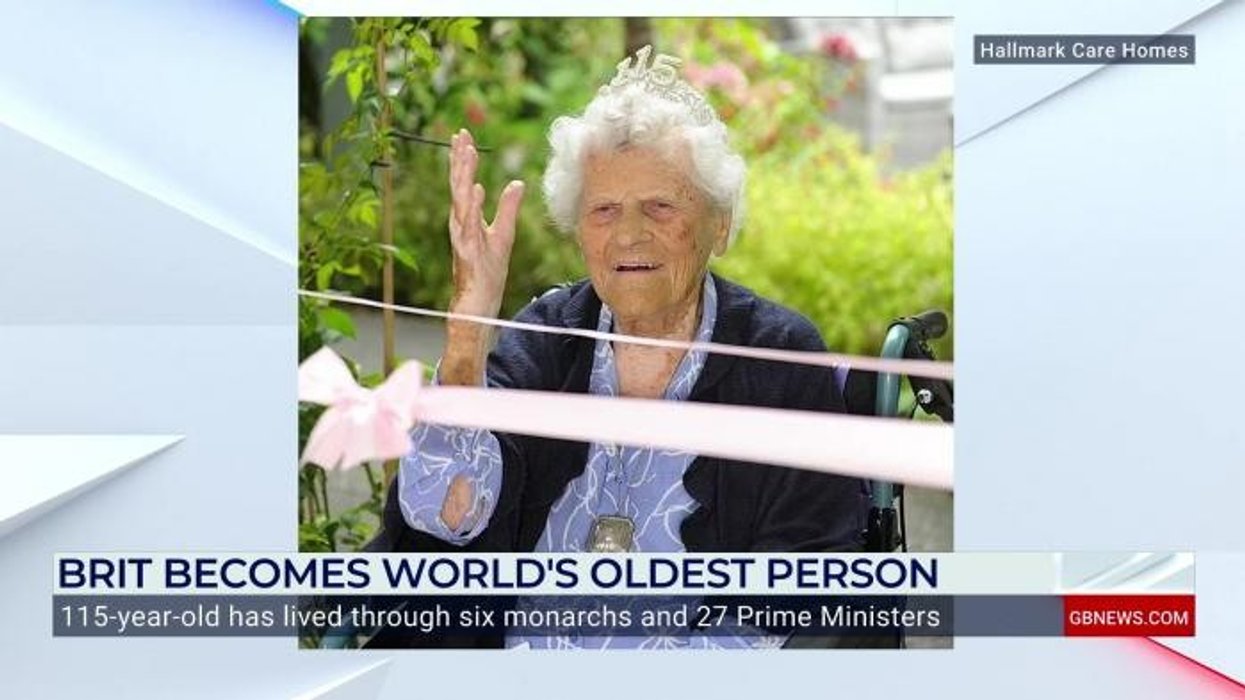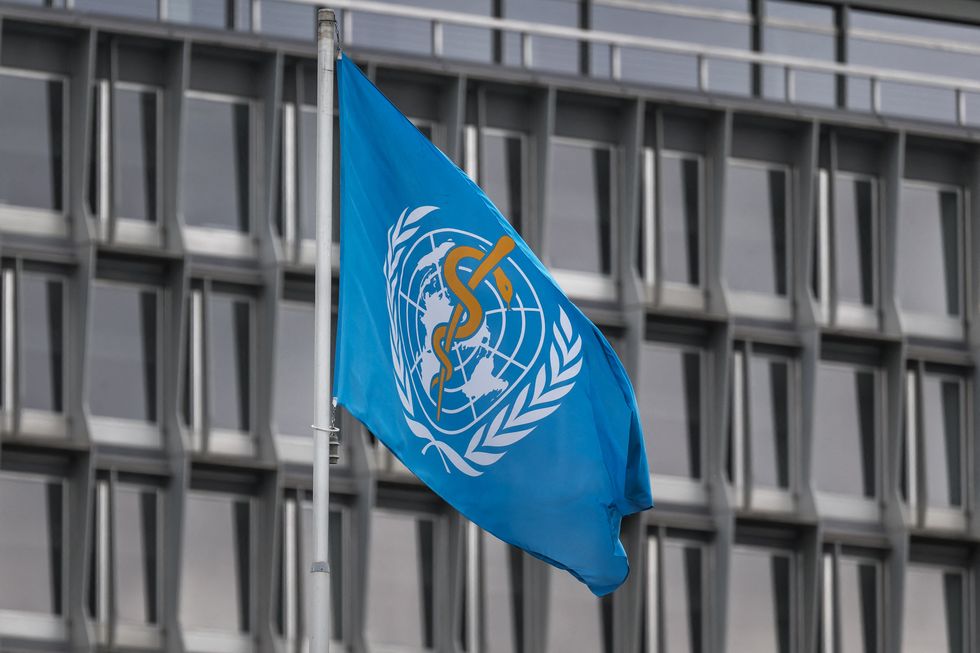'Invisible threat' claims thousands of lives worldwide as 'overlooked' epidemic behind more than 100 deaths per hour, WHO warns

How to live longer: Expert shares secret of 'a long and happy life' with GB News |
GB News
A lack of human connection could heighten your risk of getting a number of chronic diseases - and even an early death
Don't Miss
Most Read
The World Health Organisation has issued a worrying warning over an "invisible threat" that claims 871,000 lives annually worldwide.
Social disconnection, encompassing loneliness and isolation, affects nearly one in six people globally, driving up the risk of debilitating chronic conditions, including dementia, stroke, heart disease and a shortened lifespan.
In fact, loneliness was linked to approximately 100 deaths per hour between 2014 and 2019, according to the WHO Commission on Social Connection's new report.
These findings come just one month after the World Health Assembly adopted its first-ever resolution on social connection.

Social isolation can also have negative consequences on poor academic and workplace performance
| GETTYAccording to the commission, social disconnection is "an increasingly serious but often overlooked danger to health and well-being".
Additionally, beyond physical health impacts, the commission found that social isolation leads to poor academic and workplace performance whilst costing economies billions annually.
The WHO emphasises that "social health – our ability to form and maintain meaningful human connections – is just as essential to our well-being as physical and mental health".
Yet, despite mounting evidence, health systems and policymakers have largely overlooked this critical aspect of wellbeing, the report finds.
LATEST DEVELOPMENTS FROM THE WORLD HEALTH ORGANISATION
Numerous successful interventions are already underway across the globe. Currently, for example, there are peer-to-peer support schemes for low-income elderly residents in South Africa.
Meanwhile, there are also "social prescribing" initiatives in the Republic of Korea, where older adults are connected with activities such as music storytelling, gardening and self-help groups.
Several nations have even embedded social connection into policy frameworks, with Djibouti incorporating it into development policy, Albania into ageing policies, and Spain into mental health strategies.
Denmark, Germany, Japan, Finland, the Netherlands and Sweden have established dedicated national strategies, while public campaigns promoting small acts of kindness have been launched in Australia, Britain and the United States.

Social disconnection is 'an increasingly serious but often overlooked danger to health and well-being'
|GETTY
The WHO Commission has outlined a comprehensive global roadmap centred on five fundamental pillars: Policy, Research, Interventions, Measurement, and Engagement.
As it stands, key recommendations include scaling up culturally appropriate interventions, improving data collection to monitor progress, and building a global movement to reduce stigma surrounding loneliness.
The commission stresses that this movement must include "the voices of those who have endured the pain of loneliness and social isolation as they understand what real solutions look like."
The report concludes: "Social health is not a luxury. It is a human need. And now, more than ever, it must be a political priority."










